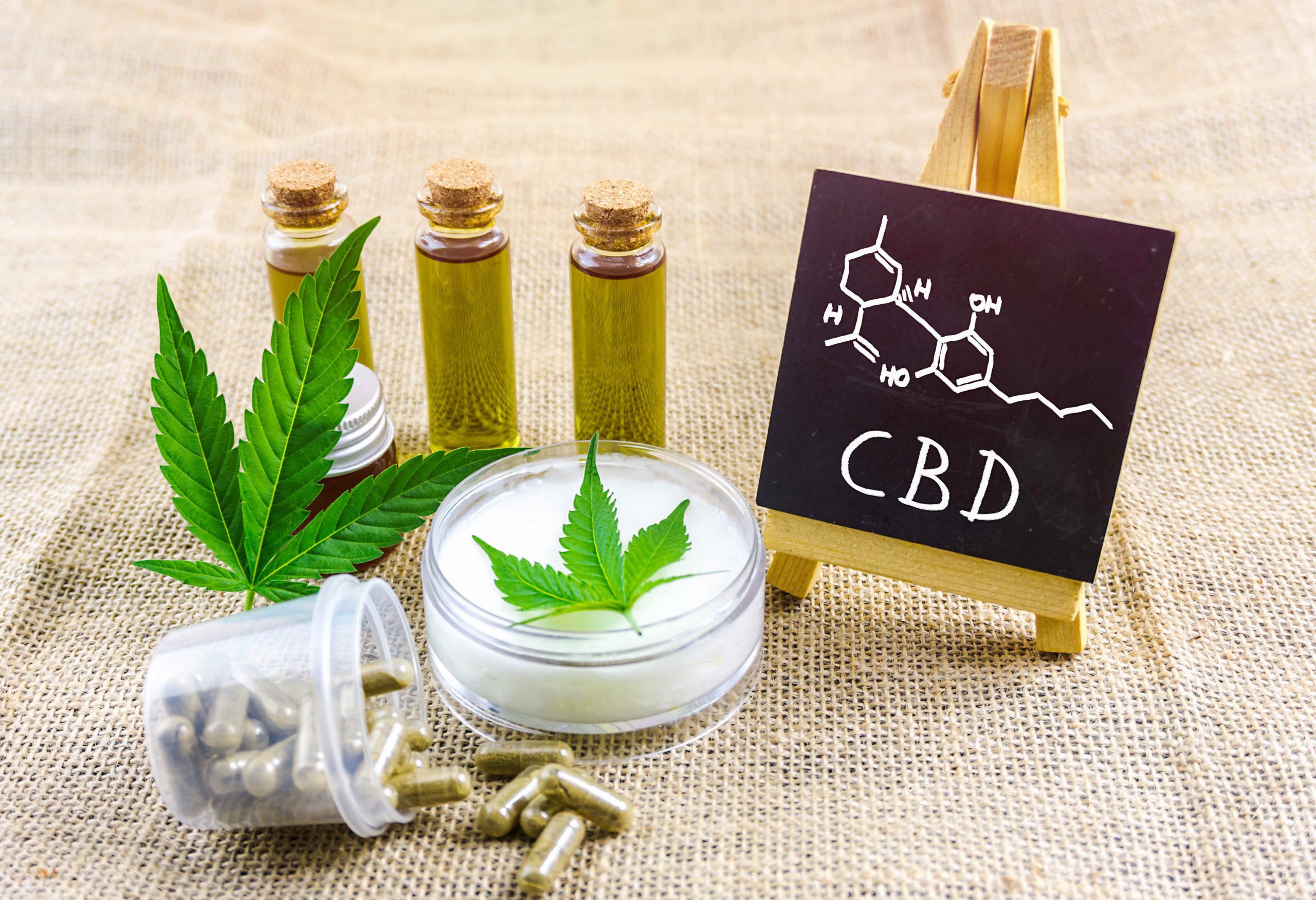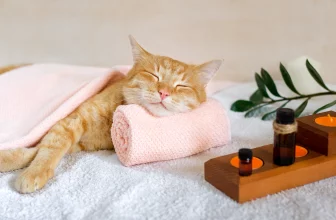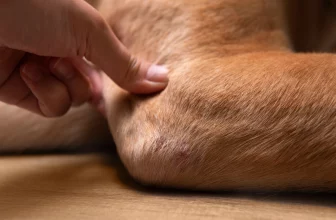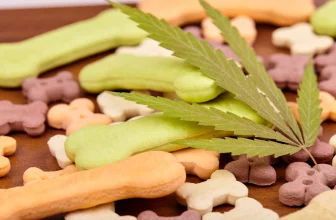
The simple answer to this question is no, but with an important caveat: THC is still present in CBD and can show up on drug tests in certain situations.
A drug test — specifically, a test for cannabis — is entirely focused on finding tetrahydrocannabinol, otherwise known as THC. This is the compound found in cannabis that gets you high. Cannabidiol, or CBD, is another cannabinoid that has lots of desirable effects but does not get you high.
Still, CBD supplements can be sourced from either the marijuana plant (which is THC-heavy) or the hemp plant (which is CBD-heavy). Because supplements are not regulated for either purity or safety, a CBD supplement can contain more THC than the label promises.
Below, we’ll look at how this happens and how a drug test might detect THC as a result.
Risk factors for THC contamination
Most CBD supplements are derived from the hemp plant. Industrial hemp is legally allowed to contain no more than 0.3% THC, a trace amount that usually doesn’t show up on drug tests if taken in reasonable doses. However, it’s still possible to accumulate enough THC in your system to fail a drug test with regular CBD intake.
The more likely reason for drug test failure is using CBD derived from the marijuana plant. Most marijuana strains contain very little CBD — the average marijuana strain is about 12% THC by weight, compared with less than 0.15% CBD. That means it takes more work to isolate CBD from marijuana, which leaves more room for error.
Your choice of isolate, broad-spectrum, or full-spectrum CBD products will also influence your likelihood of failing a drug test:
- Isolate: Pure CBD with no other compounds present.
- Broad-spectrum: Contains all cannabinoids naturally present in the plant except for THC, which is mechanically removed from the product.
- Full-spectrum: Contains all cannabinoids in the same proportions as the plant material, with none removed.
Your best bet to avoid failing a drug test is to stick with isolates or broad-spectrum CBD. Only choose full-spectrum if you are using a third-party lab-tested product. Also, if it’s legal to take CBD in the state where you live and work, declare it before the drug test.
What’s the minimum THC level to fail a drug test?
Several variables determine the minimum THC level to fail a drug test. Some of these variables involve patient characteristics, others depend on the drug, and others rely on the test.
The following are variables that influence how much time THC remains in your system:
- Last time of ingestion
- Frequency of THC intake (frequent users will likely have detectable THC levels for longer than infrequent users)
- Interacting medications or drugs
- Method of use — tinctures and smoking lead to higher concentrations than edibles, for instance
- Body mass index
- Urine pH and concentration
- Diseases of the liver or kidneys
The following are estimates for how long THC remains detectable in urine for different use cases:
- 3 days for a single use
- 5 to 7 days for a user who partakes 4 times per week
- 10 to 15 days for daily use
- Over a month for chronic use
Technically, the cutoff for marijuana metabolites in immunoassay screening tests is 50 ng/mL — an ng is one-billionth of a gram, for reference. For confirmatory tests, the cutoff is 15 ng/mL. In this type of test, the measurement focuses on delta-9-tetrahydrocannabinol-9-carboxylic acid, which is a metabolite of THC.
The variables listed above can change these cutoffs, however. This is merely a rule of thumb guide.
More info on workplace drug tests
There is a surprising amount of inconsistency when it comes to how test results are interpreted.
Given the serious nature of a failed drug test, which can cost you your job or lead to jail time, the fact that not all drug tests produce the same results can be somewhat disconcerting. It’s important to be aware of this, though. In some cases, a sample from one test could pass, and a sample from another test could fail at the same time.
Drug tests can take several forms. Testers can use different specimens like blood, sweat, finger and toenails, meconium, sweat, saliva, hair, and urine. This last drug test is the most common type since it is not invasive and is easy to conduct across a workforce.
To make matters riskier for CBD users, urine is not only the most common type of test, but concentrations of THC are normally higher than in blood and stay around for longer.
Screening Vs. confirmatory tests
Urine drug tests fall into one of two categories: confirmatory or screening.
Confirmatory tests
Confirmatory tests make use of a technology called mass spectrometry, which allows the administrators to look for certain molecules and identify how much of the drug is present in the sample.
Confirmatory tests are the more accurate of the two and tend to cost more and take more time. For this reason, they’re usually the test of choice for more high-stakes situations with legal, employment, or other consequences.
Luckily, this type of test recognizes cannabinoids instead of metabolites. That means it can easily distinguish between THC and CBD. Though this type of test is more accurate, it often sets higher cutoff levels to avoid false positives.
Screening tests
Screening tests tend to be the preferred choice for on-site testing. They are convenient partly because it’s easy to perform large numbers of tests at once and receive the results rapidly, which helps gain a reasonably accurate estimate of whether drugs are present.
All three types of screening tests use antibodies, and all detect drug metabolites instead of the drugs themselves. False positives are not uncommon since different target substances can have similar characteristics.
Conclusion
To avoid your CBD leading to a positive drug test, the most important tips are to buy reputable, third-party lab-tested CBD with low to no THC and to use it in moderation. Remember that even trace amounts of THC can build up until they are detectable!
Also, definitely don’t miss our article on how to pass a mouth swab test.






